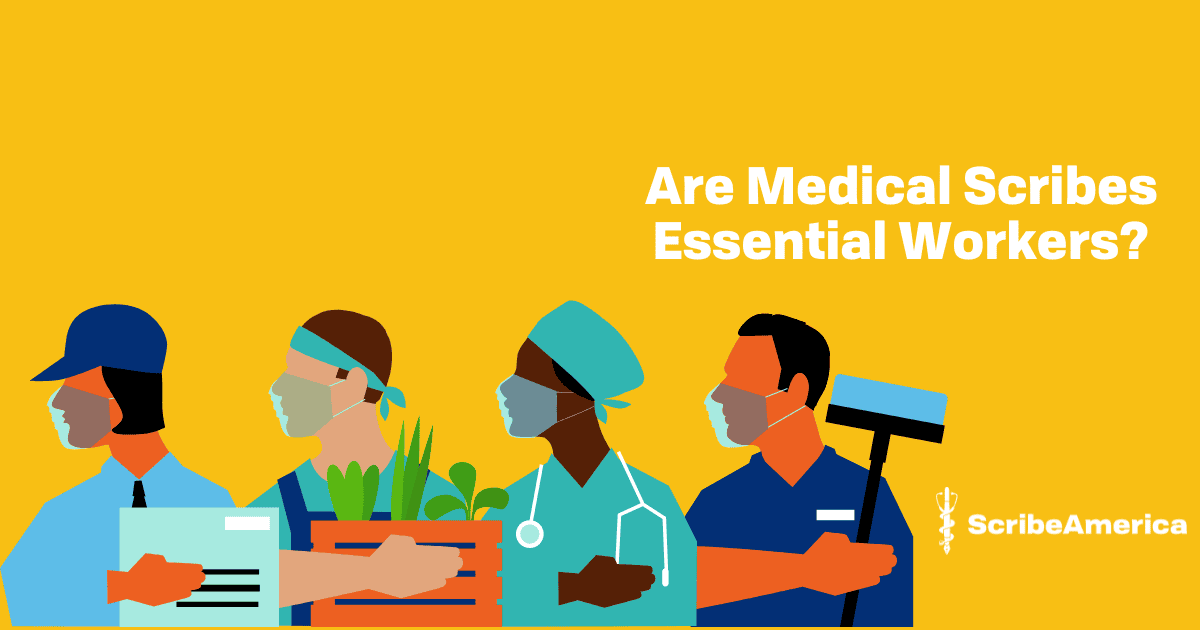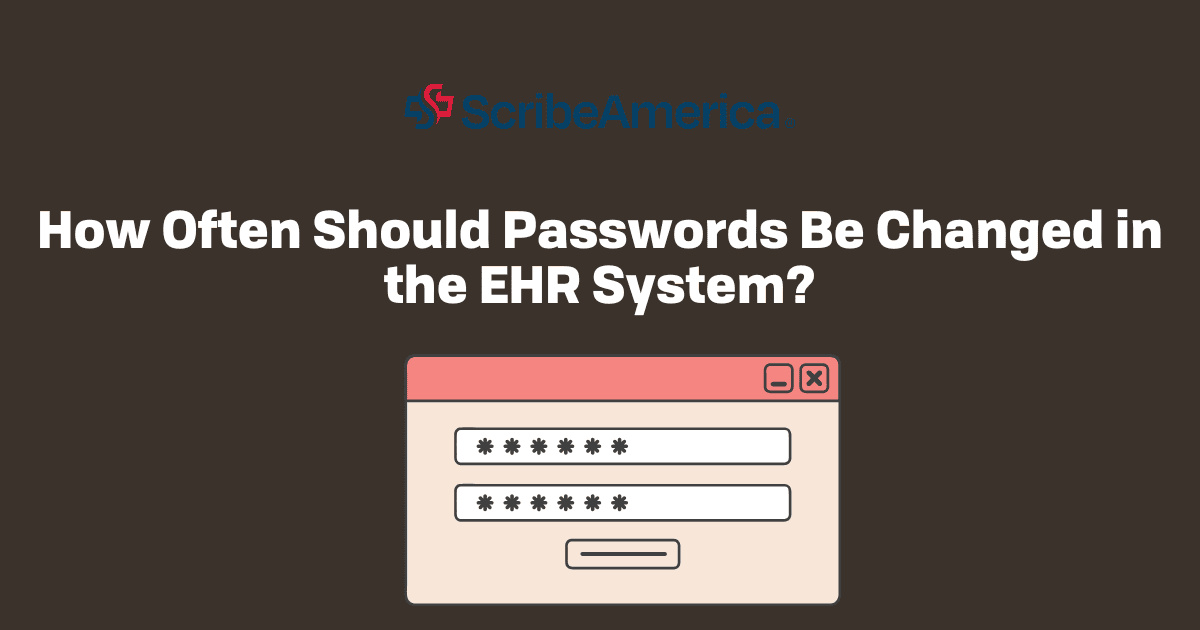In the ever-evolving landscape of healthcare, the roles and responsibilities of various professionals continue to change and expand. Medical scribes have already become a critical support system for physicians and healthcare teams. But are medical scribes essential workers, and do they hold the same rights as other healthcare professionals? Let’s dive into this topic to understand their role in the healthcare ecosystem.
Are medical scribes healthcare workers?
To answer this question, it’s important to first define what a medical scribe is. Medical scribes are trained professionals who assist healthcare providers by documenting patient encounters in real-time. They handle administrative tasks such as updating electronic health records (EHRs), transcribing notes, and ensuring accurate documentation. While they don’t provide direct patient care, their work directly impacts the efficiency and quality of care delivered by physicians.
So, are medical scribes healthcare workers? The answer is yes, but with a caveat. They are considered part of the healthcare team because their role supports clinical workflows and enhances patient care indirectly. However, medical scribes aren’t licensed clinicians, which sets them apart from doctors, nurses, and other direct care providers.

Do scribes count as healthcare workers in times of crisis?
The COVID-19 pandemic brought the concept of “essential workers” to life. During this demanding time, the healthcare system was stretched thin, and every role that could alleviate the burden on clinicians became invaluable. This is when medical scribes stepped up to the plate, ensuring that documentation kept pace with the surge in patient volume.
So, do scribes count as healthcare workers? Absolutely. Their contribution during the pandemic highlighted their importance in maintaining the continuity of care. By handling time-consuming administrative tasks, scribes allowed physicians to focus on diagnosing and treating patients, especially during critical moments. This made them indispensable members of the healthcare workforce during the crisis.
The broader impact of medical scribes
Beyond times of crisis, medical scribes play a vital role in improving healthcare delivery. Studies have shown that physicians working with scribes experience reduced burnout, increased job satisfaction, and improved patient interactions. Scribes also help minimize errors in medical documentation, which is crucial for patient safety and compliance with regulatory standards.
While they may not fit the traditional mold of healthcare workers, their impact on the system is undeniable. They bridge the gap between administrative demands and clinical care, ensuring that healthcare providers can operate at their best.
The takeaway
So, are medical scribes essential workers? Depending on the type of conducted work and the setting they work in, they can be. While they may not provide hands-on patient care, their contributions to the healthcare system are both significant and far-reaching. By supporting physicians and streamlining workflows, they help maintain the quality and efficiency of care that patients rely on.
In a world where healthcare is becoming increasingly complex, roles like medical scribes are not just helpful, they are essential. Their presence ensures that the healthcare machine runs smoothly, proving that sometimes, the unsung heroes are the ones who keep everything together.




